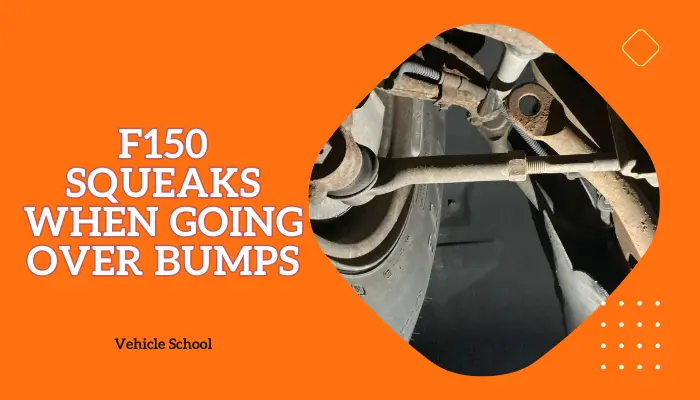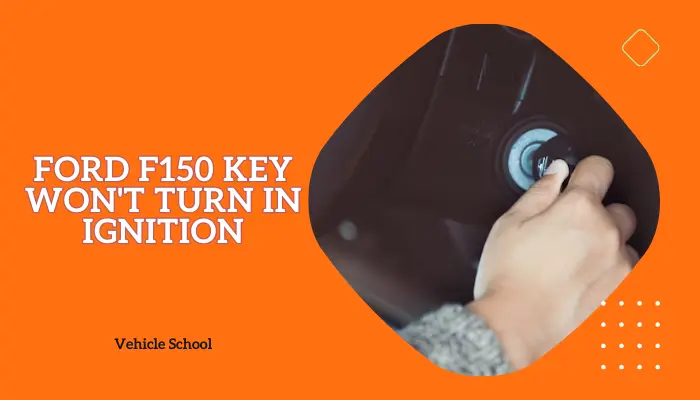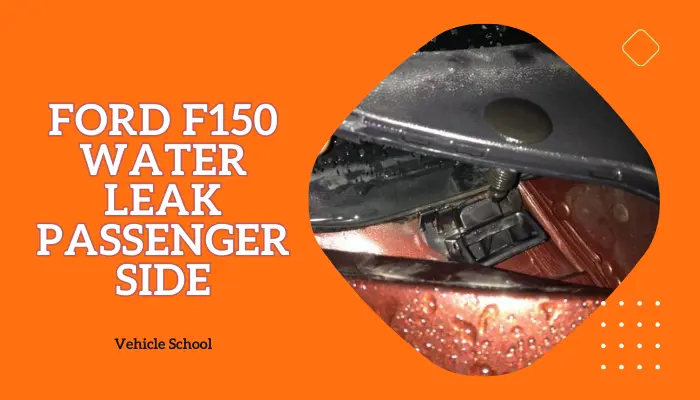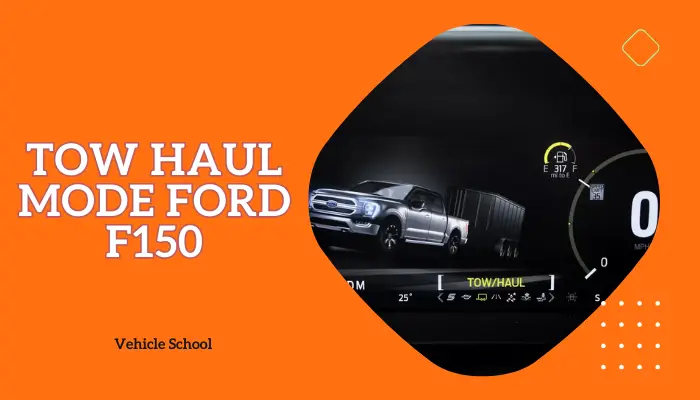It’s the moment you dread—strange noises emanating from your parked F150. Is it a potential theft or something more benign?
I’ll start this off by saying that not all the noises your F150 makes while parked are a bad thing.
Once I go through all the ways this noise can signal something wrong, I’ll tell you about the times when it’s not a problem.
Keep on reading to learn more.
Why Does Your F150 Make Noise When Parked?
Let’s get straight on with the potential problems first.
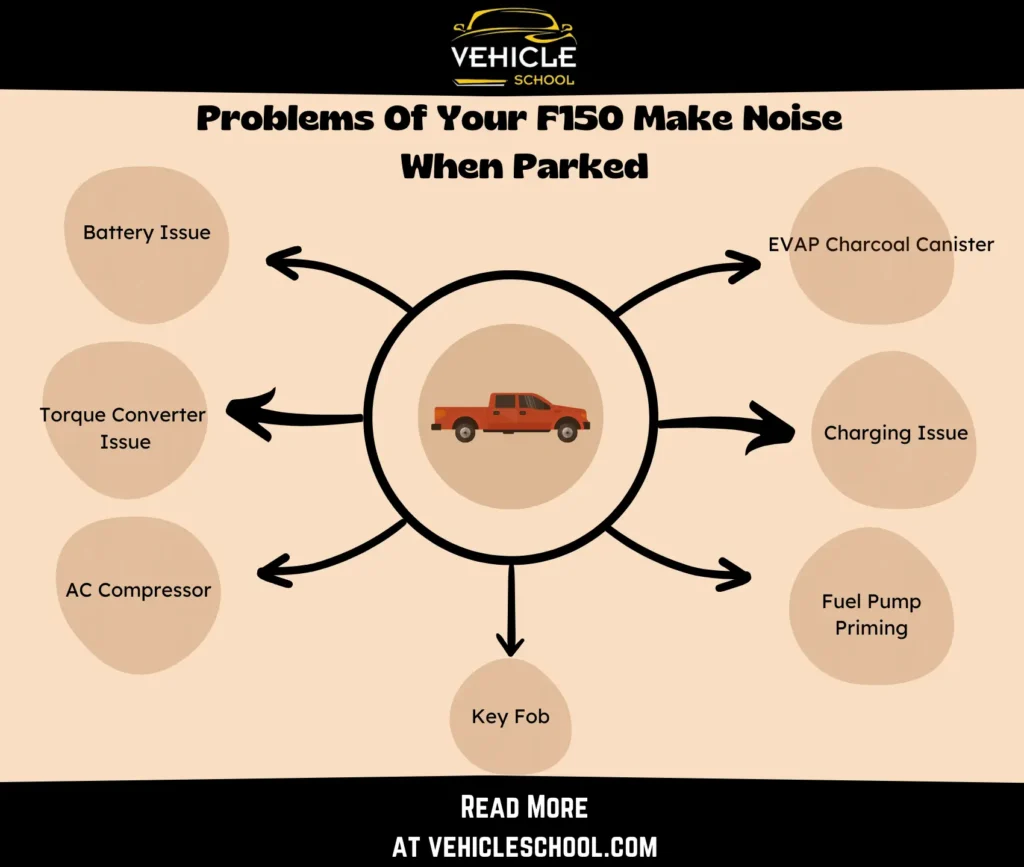
1. EVAP Charcoal Canister
If your 2018 F150 is making a weird noise like a mix of creaks, whines, and thunks around the fuel tank when parked, it could be the EVAP charcoal canister acting up.
This part is vital for controlling emissions and can get noisy due to wear, contamination, or valve problems inside.
2. Charging Issue
Hearing a low humming or whining noise from your Ford, like every 30 seconds while it’s parked? This is fairly common with 2019/2020 Ford F150s.
This happens because of Ford’s new batteries, if the user uses standard chargers to charge them rather than a trickle charger.
This isn’t an issue if you drive a lot, but if you don’t, you need to trickle charge.
New Ford batteries produce noise when charged quickly due to gas buildup.
Trickle chargers, with slow, steady charging, prevent gas accumulation, eliminating the noise issue.
3. Fuel Pump Priming
If your F150 makes a clunk noise when parked, don’t stress. It’s a common thing and the truck’s just doing its normal routine.
After sitting for a bit, the fuel pump starts priming, and you might hear the noise when you open the door or compress the suspension.
All of that isn’t a cause for concern unless it sticks around after driving.
4. Battery Issue
If you’ve got a weird groaning and mechanical or electric-like noise coming from the truck while it’s parked, it’s likely signaling a battery problem.
The groans stem from a weakening battery or corroded connections disrupting the electrical flow.
This issue causes voltage fluctuations, leading to strange sounds.
5. Torque Converter Issue
The humming or whining noise, coming from near the middle part under your F150, occurs due to misalignment or damage within the torque converter’s internal components, such as the impeller and turbine.
These irregularities disrupt the smooth flow of power, causing vibrations and the distinctive noise you hear.
This problem is common in 2008 Ford F150 models and results from wear and tear over time.
6. AC Compressor
According to a Ford TSB, some F-150s from 2017 to 2020 might make a squeal or whistle noise after you turn off the engine and set your truck to park.
It’s linked to the air conditioning system, especially if you’ve got a 3.5L EcoBoost engine (2017-2020), a 2.7L EcoBoost or 5.0L engine (2018-2020), or a 3.0L engine (2019-2020).
The good news is that it won’t mess up your truck; it’s just the A/C pressure doing its thing.
7. Key Fob
Another possible reason for the humming noise is related to the key fob. Modern cars have sensors that communicate with the key fob.
If you leave the fob inside the car or get too close to the vehicle while it’s parked, it can mess with these sensors.
This interference might cause electrical issues, leading to the humming noise you’re noticing.
Some Available Fixes For Noises F150 Makes When Parked
To start with, just use the proper charger or replace your battery if the noise seems like it’s because of the first reason.
The key fob is obvious—just stay aware of where you keep it.
For the most part, you’ll be better off replacing the components that went wrong rather than repairing them.
It tends to cost a lot less, especially if something’s heavily wrong with anything regarding transmission.
1. Confirm And Fix the Torque Issue
These steps can help with issues with the older Ford models I mentioned. Here’s what you need to do:
- Park on a flat surface, engage the parking brake and secure the wheels.
- Use a stethoscope to locate the humming noise in the transmission housing.
- If noise is in the front, it might be the torque converter.
- Confirm by checking the transmission fluid for metal shavings or debris.
- Disconnect the battery and drain the fluid for safety.
- Remove the transmission pan and inspect the torque converter.
- Check fluid level and type; replace with the recommended fluid.
- Monitor for slipping or shuddering.
- Address fluid leaks promptly; replace damaged seals.
- If the fluid contains debris, seek a professional evaluation.
- Monitor fluid levels to ensure there are no further leaks.
If you still keep hearing the same noise from that area, you’ll have to get a replacement converter.
2. Replace The Battery Or Charcoal Canister
I’ve noticed that replacing the battery usually gets rid of the noises.
However, if you catch a whiff of gasoline, you should swap out the EVAP charcoal canister.
Doing so will keep your engine bay smelling clean.
A properly working EVAP system will also prevent safety issues linked to a bigger vacuum leak into the intake manifold when the valve is open.
Should You Be Worried About These Noises?
If you’re hearing noises that seem like anything else besides the stuff I mentioned, it’s likely normal.
Here’s a quick rundown of the normal noises when parked that you can expect to hear:
- Fuel Pump Whirring: A soft whirring near the fuel tank is just the fuel pump pressurizing the system.
- Transmission Humming: After parking, a slight hum from the transmission is common, caused by fluid movement.
- Fan Noise: If the engine is hot, the radiator fan may run briefly to cool it down.
- Ticking: In older engines, you might hear light ticking as the engine cools and metal parts contract.
| Note: If you purchased your Ford F-150 with a 3.5L EcoBoost engine (2017-2020 models), a 2.7L EcoBoost, a 5.0L engine (2018-2020 models), or a 3.0L engine (2019-2020 models) before June 2021, you might hear a high-pitched noise from the engine after shutting it off. Ford is aware of this. This happens due to air conditioning pressure equalizing. It’s not harmful; it’s just a bit annoying. Get the truck to a Ford dealership to get it taken care of. |
FAQs
Is the clicking sound f150 makes when off related to these reasons?
Yes, a louder air conditioning equalization noise can indicate a blend door actuator issue. It controls the air mix. That’s the same case for F150 clicking noise when off.
Final Thoughts
Now that you understand the sounds your F150 makes, you can relax, knowing when to worry and when to let it be.
Routine maintenance is your shield against unforeseen issues.
Vehicles, no matter how advanced, can still have their quirks. So, invest in regular check-ups, and you can enjoy a worry-free ride.


